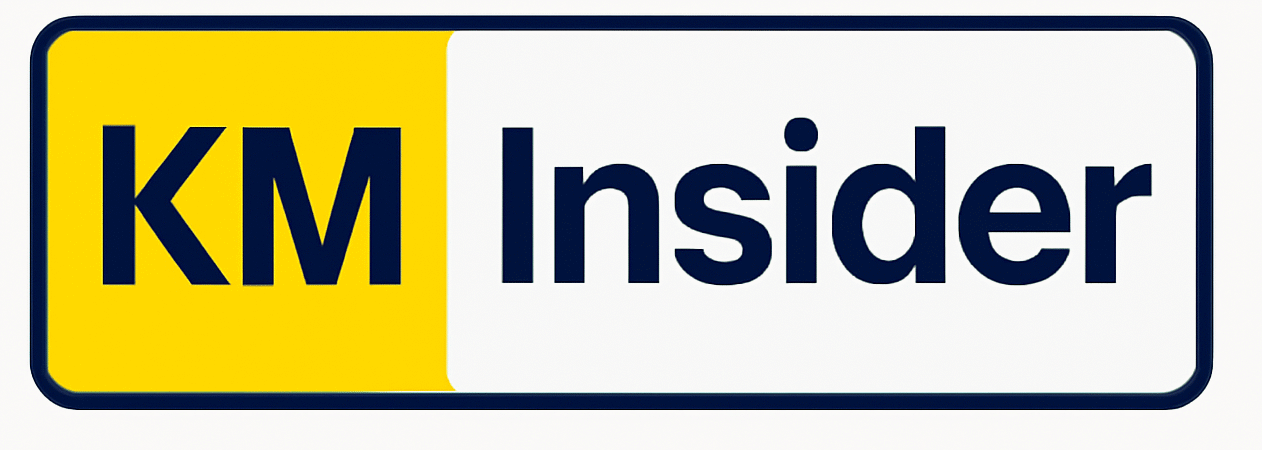Overview of Knowledge Management and Core Principles
Overview of Knowledge Management: Knowledge is power in today’s fast-paced, information-driven world. For organizations to stay competitive and innovative, effectively managing knowledge is essential. This comprehensive guide provides an in-depth overview of knowledge management, exploring its concepts, processes, benefits, and challenges. What is Knowledge Management? Knowledge Management (KM) is the systematic process of creating, sharing, … Read more
